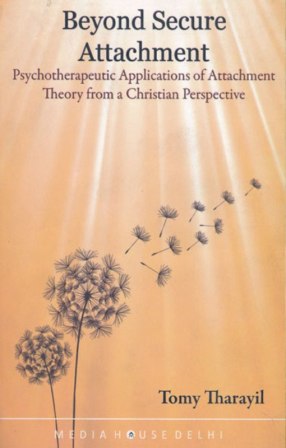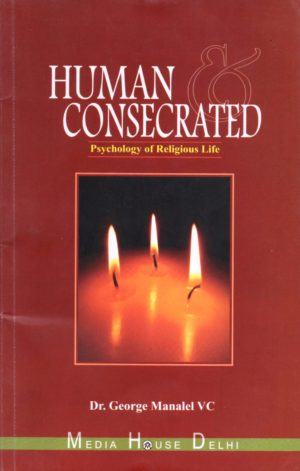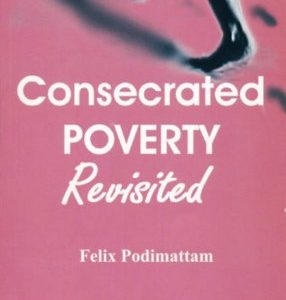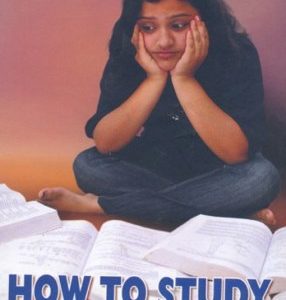Description
Beyond Secure Attachment
Psychotherapeutic Applications of Attachment Theory from a Christian Perspective
What attracts an infant to its mother? Is it food or maternal protection? John Bowlby argued that an infant primarily needs maternal protection. Relationship with the mother protects the infant and ensures its survival. Likewise, relationship with our significant persons emotionally protects us and ensures our affective survival.Today’s common problems such as anxiety, depression, lack of confidence, substance abuse, marital problems – all seem to have their roots in the defective internal secure base. A better awareness of the processes underlying our attachment relationships can foster greater self-awareness and help us to be more considerate towards ourselves and others. The attachment theory serves as an effective tool in the analysis of the process of relating. If we can properly interpret the human need for relationship against the background of an integral anthropology, it can illumine our day to day life in a transcendental way as suggested by the Italian Jesuit psychologist Franco Imoda. It is the basic attachment we develop in our relationship with our caregivers that enables us to transcend ourselves towards others and the Ultimate Other. This book enquires into the possibilities of the power of human relationship in effecting a change in human persons.
Tomy Tharayil is a catholic priest from the Archdiocese of Changanacherry, and is at present working at the Danahalaya Institute of Formation. Punnapra, Kerala, India. He holds a Masters in English Literature from the Kerala University and a Doctorate in Psychology from the Institute of Psychology. Gregorian University, Rome. He was trained at the Anna Freud Centre. London on ‘Mentalisation Based Therapy for Borderline Pati
CONTENTS
Foreword
Acknowledgements
Abbreviations
Introduction
1. Attachment Theory: Origins and Orientations
2. Secure Attachment in the Therapeutic Context
s
3. Authentic Self-Transcendence in the
Therapeutic Setting
Influences on Imoda
Self and Self-transcendence
Development of the Self and the Three Parameters
Self-transcendence in Psychotherapy
4. Authentic Self-transcendence
through Secure Attachment
Two Constructs in Dialogue
Attachment and the Act of Transcendence
Authentic Self-transcendence in the Therapeutic Setting
Secure Attachment as a Mediation
General Conclusions
Bibliography
Author Index
Subject Index




Reviews
There are no reviews yet.